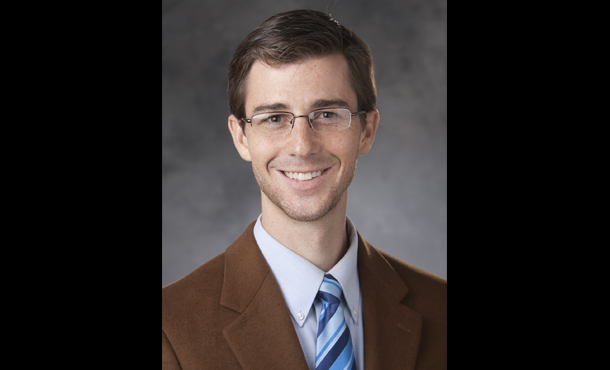Clinical psychologist Jason Nieuwsma presents a Suter Science Seminar on the invisible wounds of war at 4 p.m., Friday, April 8, in Suter Science 106 at Eastern Mennonite University.
Nieuwsma is the associate director for the Veterans Administration Mental Health and Chaplaincy Program and is also an assistant professor in the Department of Psychiatry and Behavioral Sciences at Duke University Medical Center.
Participation in war can have profoundly negative effects on subsequent psychosocial functioning, as evidenced by posttraumatic stress disorder, yet there can be a moral impact as well, Nieuwsma observes. This impact has recently been described by the term “moral injury,” which is different from Post-Traumatic Stress Disorder.
This term “refers to the emotional and spiritual impact of participating in, witnessing, and/or wbeing victimized by actions and behaviors which violate a service member’s core moral values and behavioral expectations of self or others,” according to the Moral Injury Project at Syracuse University.
Nieuwsma’s presentation will describe the evolution of moral injury as a construct, as well as ongoing efforts and challenges in measuring it. It will identify key elements from psychotherapeutic as well as spiritual approaches that could be employed in the care of moral injury. He also plans to provide a rationale for mental health and chaplain collaboration in the care of moral injury.
Nieuwsma completed his undergraduate education at Taylor University, his graduate training at the University of Wyoming, and his clinical internship and postdoctoral work at the Veterans Administration and Duke University. His work focuses on increasing the availability and cultural relevance of evidence-based psychosocial approaches across a variety of contexts, most recently in the domain of mental health and chaplaincy collaboration.
This seminar is co-sponsored by EMU’s Psychology Department and Center for Justice and Peacebuilding.
